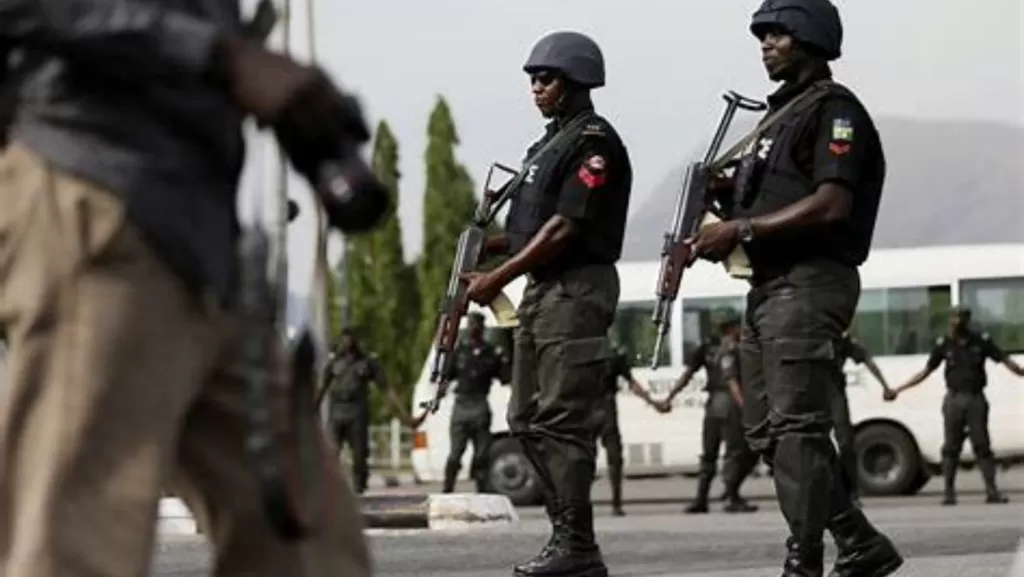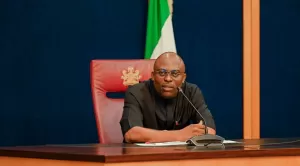Police Takes Over Rivers State House of Assembly Residential Complex Amid Political Crisis

The recent takeover of the Rivers State House of Assembly residential complex by the Nigerian Police Force has stirred significant interest and concern among the public and political circles. This development is set against the backdrop of a political crisis in Rivers State, involving a face-off between Governor Siminalayi Fubara and the Minister of the Federal Capital Territory (FCT), Nyesom Wike, over the control of political structures in the state.
The situation escalated on May 10, 2024, when police forces took over the entrances and exits of the Rivers State House of Assembly quarters along the Aba Road, Port Harcourt. This move was reported less than a day after Governor Fubara visited the complex, leading to accusations from the factional Speaker of the House, Hon. Martins Amaewhule, that the governor was plotting to demolish the legislative quarters. Governor Fubara, however, clarified that his visit was to assess the state of the complex.
More than 20 policemen barricaded the two gates of the complex, with nearly the same number of patrol vans stationed at the entrances of the complex. This action has been interpreted by some as a response to Governor Fubara’s visit and the ongoing political tension in the state.
The crisis in Rivers State has been brewing for some time, with reports of a factional Speaker emerging and a rift between Governor Fubara and his predecessor, Nyesom Wike, who is currently the Minister of the Federal Capital Territory (FCT). This political discord has reached a crescendo with the police’s intervention, raising concerns about the stability of governance in the state.
The takeover by the Nigerian Police Force has been met with mixed reactions. On one hand, it is seen as an attempt to maintain law and order amidst a tumultuous political environment. On the other hand, critics argue that it could be a sign of political interference and a potential threat to democratic processes.
As of now, the situation remains tense, with the Nigerian Police Force maintaining a strong presence at the complex. The implications of this event extend beyond the immediate political landscape of Rivers State, touching upon broader issues of political stability, the rule of law, and the democratic process in Nigeria.







